Scientists have previously experimented with growing corals bred using in vitro fertilization (IVF) on reefs around Mexico, the United States, and the Caribbean. To create IVF corals, the team collected coral eggs and fertilized them in the lab before planting them in designated areas.
After five years, the survey results showed that, after the record heat wave of 2023, 90% of IVF corals remained healthy; while only 25% of natural corals survived the severe “heat wave”. Many other large populations that have existed for centuries were “bleached” by the heat.
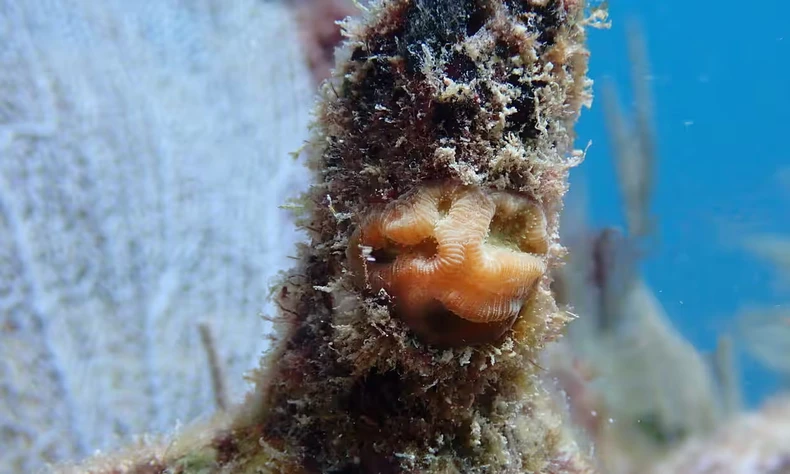 |
A healthy IVF-bred baby coral. Behind it is a bleached natural coral. (Photo: Raul Tecalco Renteria/SECORE International) |
Dr. Margaret Miller, research director of the coral conservation organization Secore International, said scientists were surprised by the strong survival of IVF corals. She said the artificial insemination method has increased the genetic diversity of the “young coral generation” and also allowed the corals to better adapt to rising temperatures.
However, scientists also warn that over time, the “heat tolerance” of IVF corals is likely to decline. So while coral breeding is essential, urgent action is needed to address the root causes of climate change to ensure the long-term survival of coral reefs.
Source: https://nhandan.vn/tin-hieu-lac-quan-tu-san-ho-thu-tinh-nhan-tao-post831978.html


![[Photo] High-ranking delegation of the Russian State Duma visits President Ho Chi Minh's Mausoleum](https://vphoto.vietnam.vn/thumb/1200x675/vietnam/resource/IMAGE/2025/9/28/c6dfd505d79b460a93752e48882e8f7e)
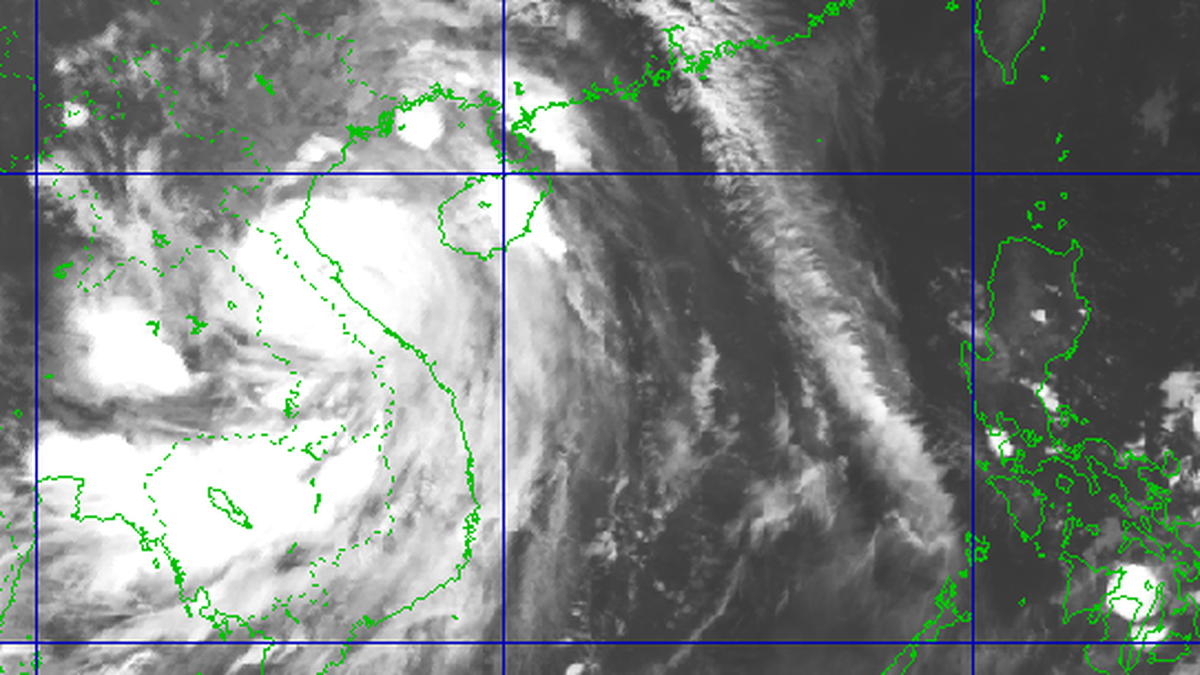

![[Photo] Joy on the new Phong Chau bridge](https://vphoto.vietnam.vn/thumb/1200x675/vietnam/resource/IMAGE/2025/9/28/b00322b29c8043fbb8b6844fdd6c78ea)
![[Photo] The 4th meeting of the Inter-Parliamentary Cooperation Committee between the National Assembly of Vietnam and the State Duma of Russia](https://vphoto.vietnam.vn/thumb/1200x675/vietnam/resource/IMAGE/2025/9/28/9f9e84a38675449aa9c08b391e153183)

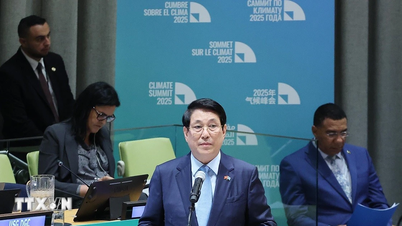



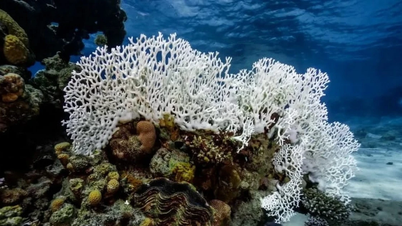









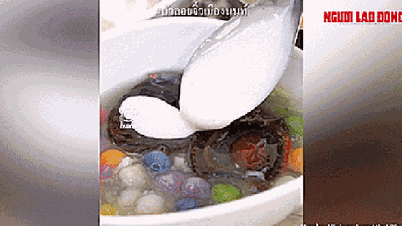










![[Photo] Joy on the new Phong Chau bridge](https://vphoto.vietnam.vn/thumb/402x226/vietnam/resource/IMAGE/2025/9/28/b00322b29c8043fbb8b6844fdd6c78ea)
![[Photo] The 4th meeting of the Inter-Parliamentary Cooperation Committee between the National Assembly of Vietnam and the State Duma of Russia](https://vphoto.vietnam.vn/thumb/402x226/vietnam/resource/IMAGE/2025/9/28/9f9e84a38675449aa9c08b391e153183)



























































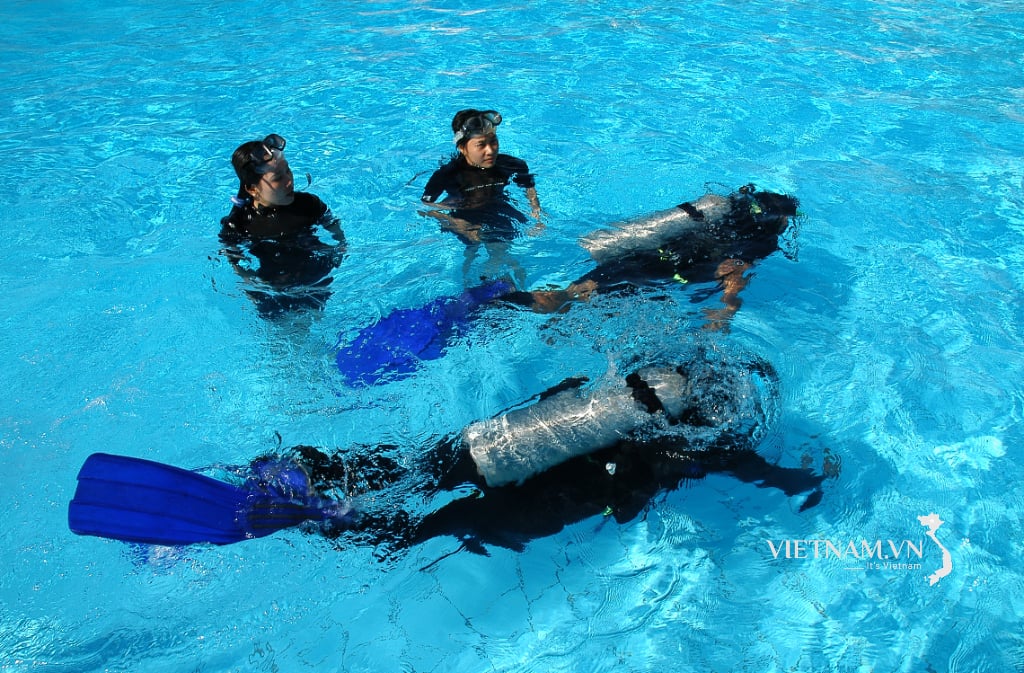

Comment (0)